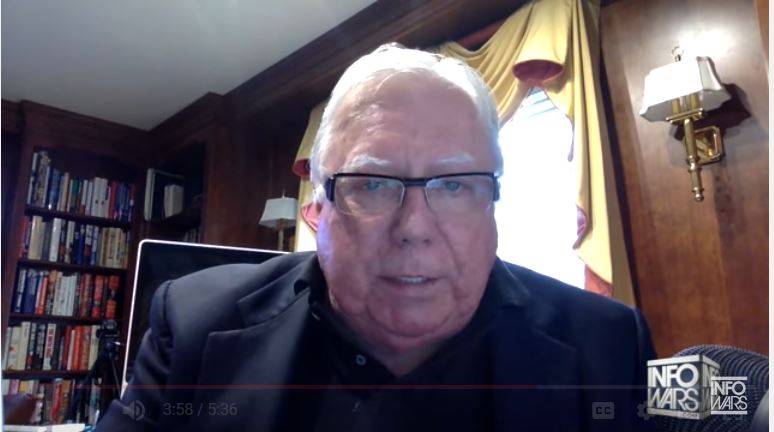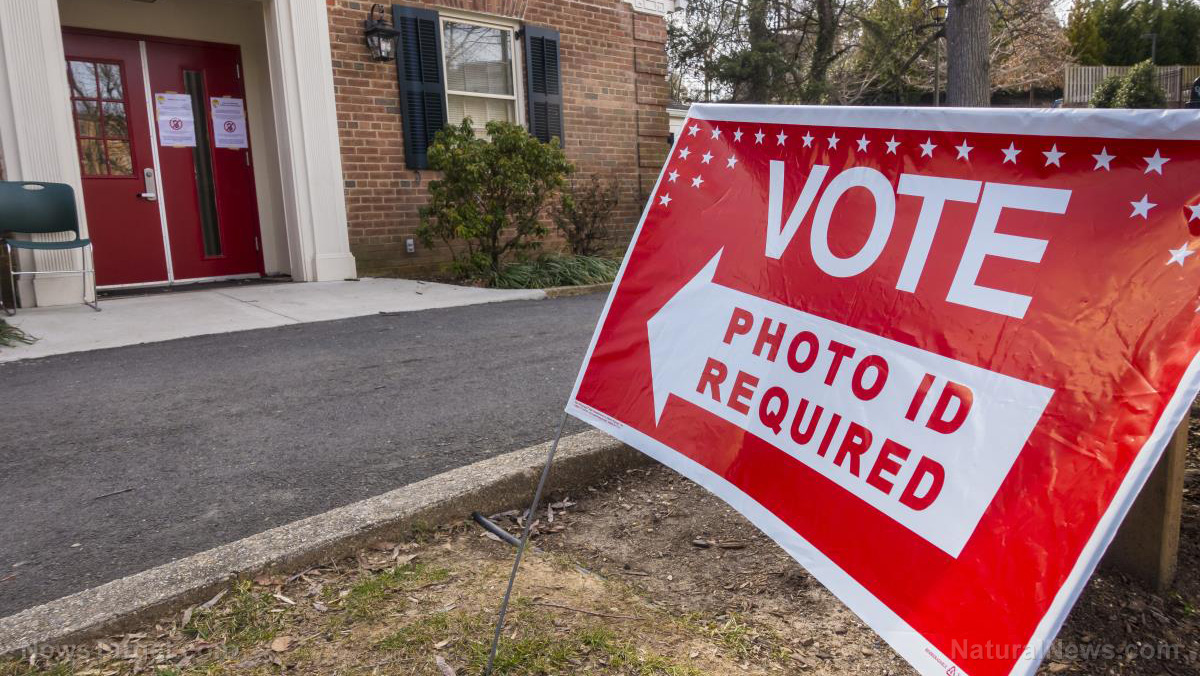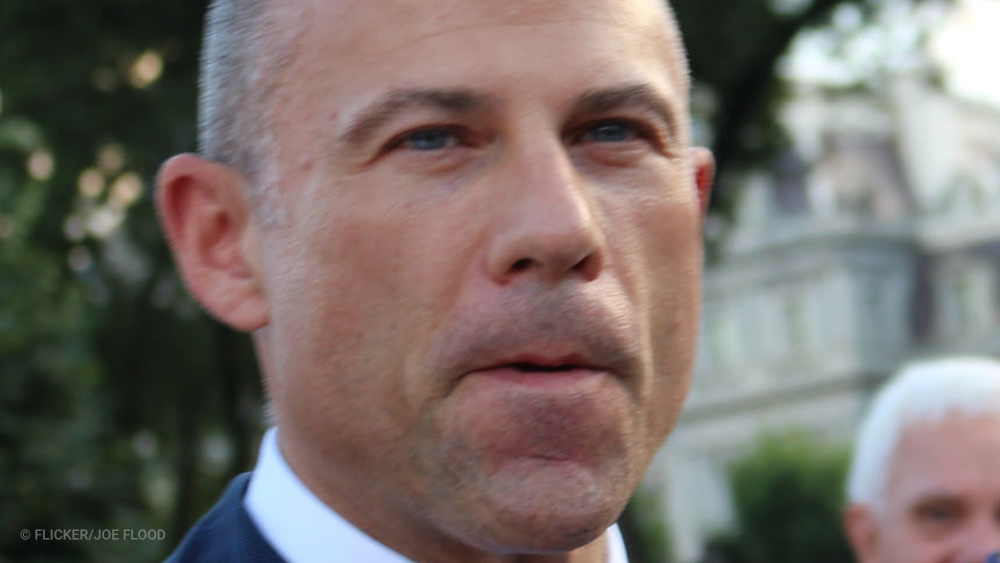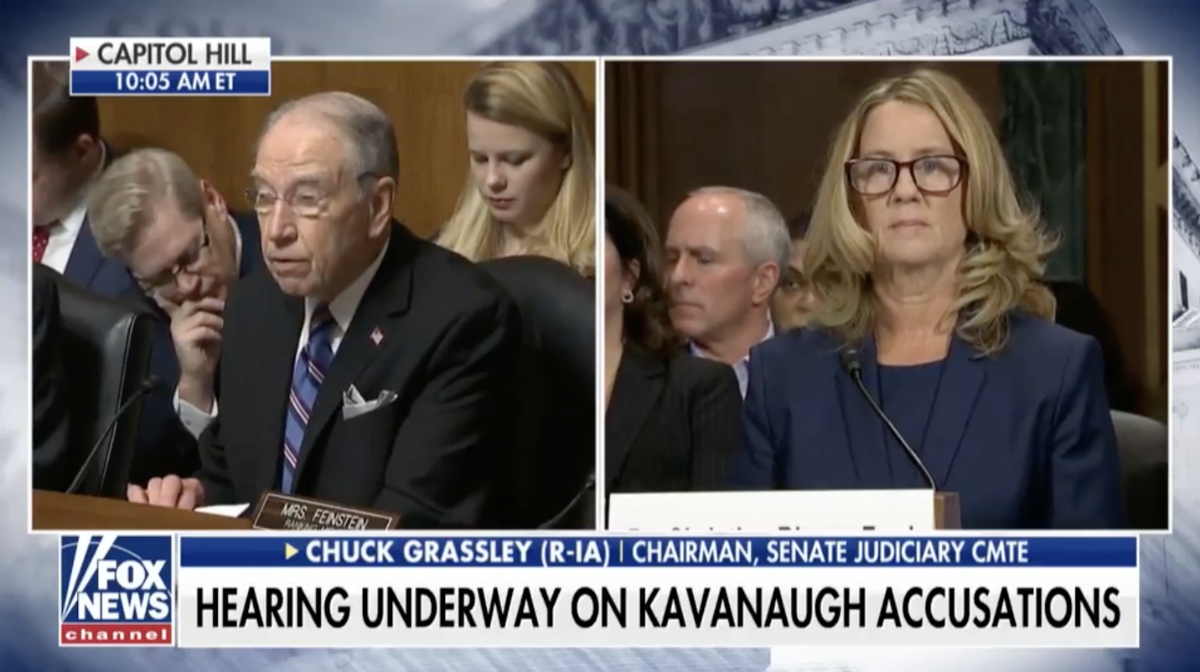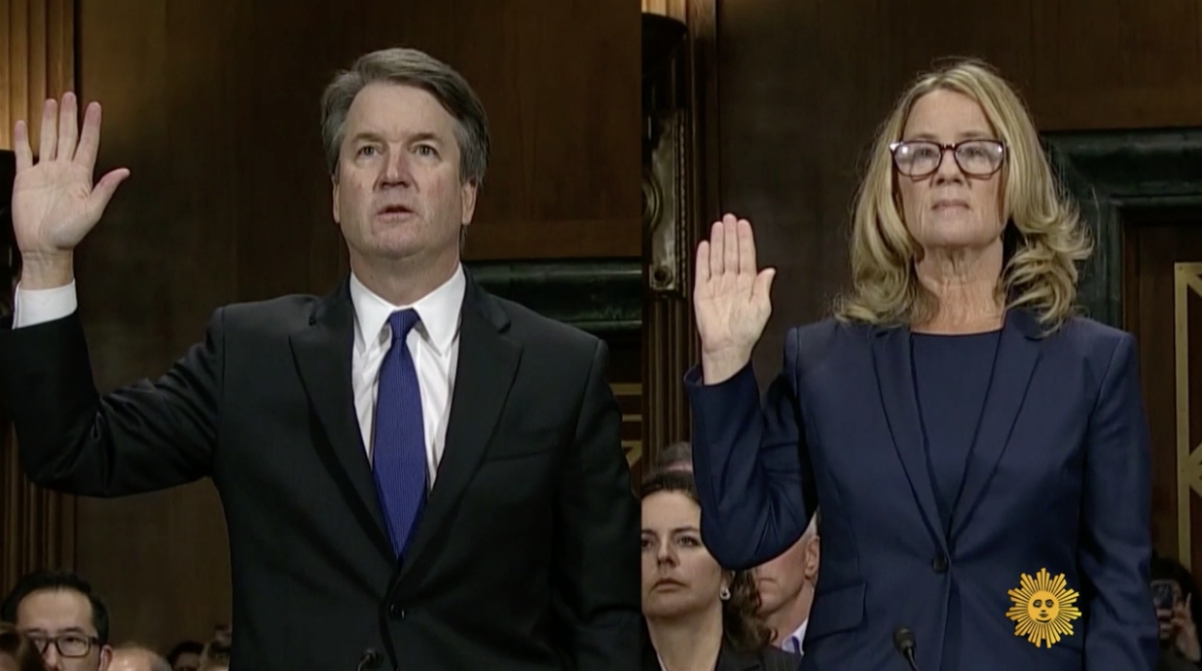The next financial crisis could be centered around pensions
03/31/2017 / By JD Heyes

It’s a financial mess that’s been building for years – decades, even – and at least in some cities and states, it’s a time bomb set to explode.
Thanks to over-promising and lack of foresight by successive state administrations and unions, the next fiscal crisis that will rock the country is the collapse of pensions which – due to an abundance of reasons including changing demographics, industry job losses and reduction in tax bases – can’t pay out benefits and monies that were promised to retirees.
“According to one pension advocacy organization, nearly 1 million working and retired Americans are covered by pension plans at risk of collapse,” writes Jeff Reeves, a contributing op-ed writer for The Hill.
That is obviously bad news for the folks who are depending on their pension checks as part of their retirement income. For many, that’s the lion’s share of their retirement income; if it vanishes, they’ll be left with nothing but Social Security, not exactly a fortune. (RELATED: The coming financial collapse of PENSION programs across America)
As reported by the New York Daily News:
According to the Pension Rights Center, which works with seniors facing a downgrade of their retirement checks, a small iron workers union shop in Ohio recently had to accept a pension cut.
The payouts for retirees dropped by as much as 60 percent, the center said.
Government-run pensions appear to be the hardest-hit. The state of Illinois, for example, faced an $111 billion pension deficit in 2015, a figure that has only grown since, the Illinois Policy Center noted.
The fund was further put under stress by an Illinois Supreme Court ruling that same year that pensions for current government workers could not be legally modified, the policy center said in a report, which listed some of the causes for the pension crisis:
— Six in 10 state workers retire in their 50s with full pension benefits – a huge financial stressor given that Americans are living longer, on average
— Over the course of their retirements, more than half of state pensioners will get more than $1 million in benefits, and almost 20 percent of retirees will receive $2 million worth of pension payout and benefits
— Nearly 60 percent of currently retired pensioners can expect to receive benefits for 25 years after they leave government service, based on current life expectancy figures
— The average pensioner who retired with 30 years’ service or more after Jan. 1, 2013, gets $66,800 in annual pension benefits; with annual COLA increases of 3 percent, they will see their pensions double over the remainder of their lives, on average
In June 2016, the Star Tribune in Minnesota reported that the Teamsters’ Central States Pension Fund appeared destined to fail, “crushing the retirement dreams of thousands of Minnesotans and many thousands more in other states.”
Compounding the problem is that, in addition to court rulings shooting down legislative changes to pension payouts, pensioners themselves largely refuse to voluntarily accept any cuts to monthly checks. Part of the reason is because many of them see the pension as an unbreakable promise; another reason is purely financial: Many can’t live on the 40-, 50-, or even 60-percent cuts that some pension funds have sought.
So what’s that leave? For many, they want American taxpayers to bail out failing pension plans. But given that Uncle Sam is already $20 trillion in debt himself, and President Donald J. Trump’s plans to dramatically cut the federal budget, that option doesn’t seem viable at the present time. (RELATED: Dear Taxpayer: The Massive Bailouts For Bankrupt City And State Pension Funds Are Coming)
It’s not fair that pensioners are going to have the rug pulled out from under them – no matter who or what is at fault. But the options to mitigate their losses aren’t good, either.
J.D. Heyes is a senior writer for NaturalNews.com and NewsTarget.com, as well as editor of The National Sentinel.
Sources:
Tagged Under: bail out, bankrupt, Collapse, financial crisis, pensions

